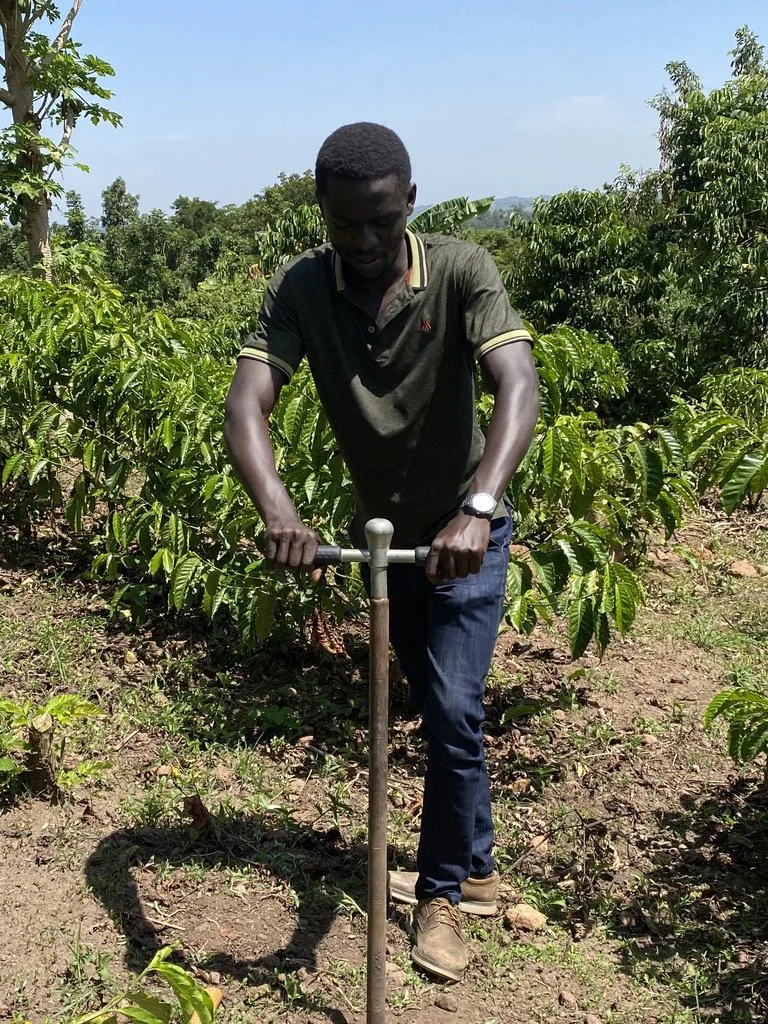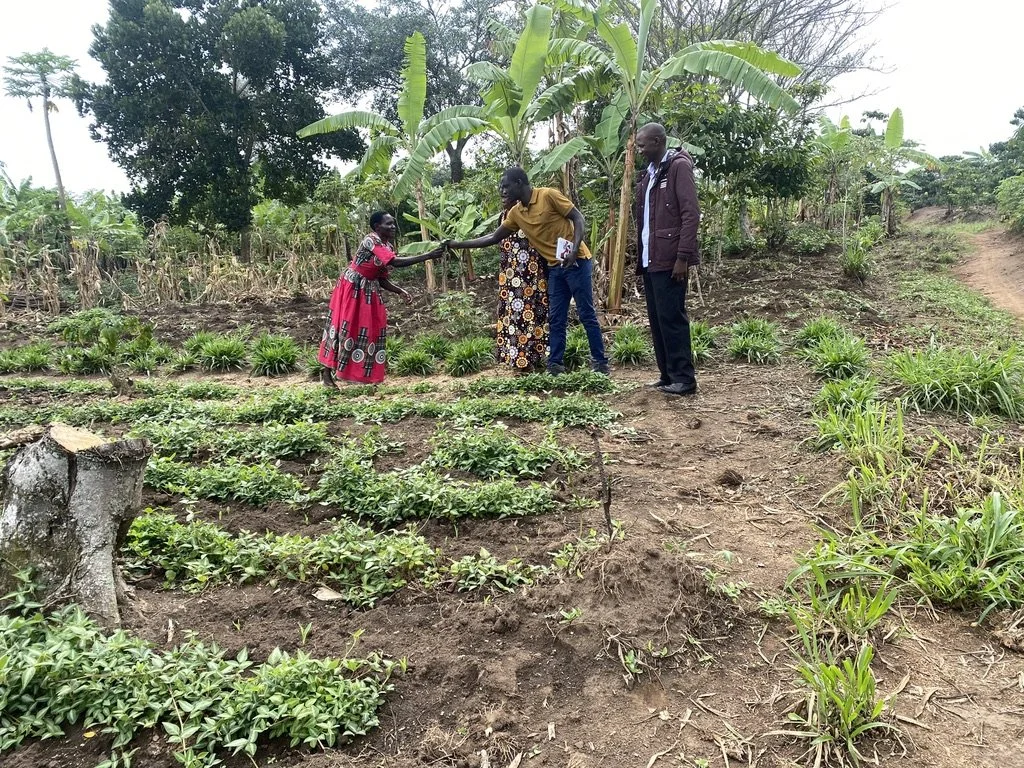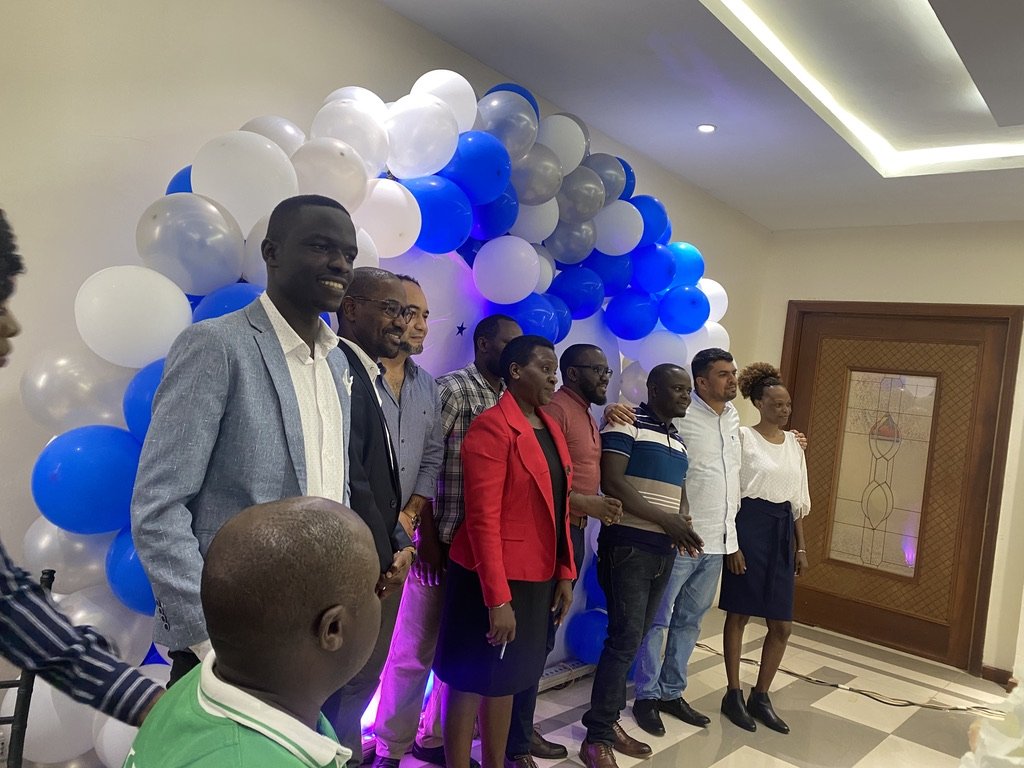Louis Dreyfus Foundation Internship: An Opportunity to Learn, Connect and Contribute to Sustainable Development
The Louis Dreyfus Foundation (LDF) is a company foundation (Louis Dreyfus Company) that supports projects aimed at improving food security and the incomes of smallholder farmers and rural communities. The Foundation supports projects in four core areas to achieve this goal, mainly working with local partners. These are sustainable micro-farming, community and environment, entrepreneurship and emergencies, and education for self-sufficiency. LDF’s education project aims to create conditions for self-reliance among farmers, promote sustainable agriculture and train young talents with the potential to change the future of their countries. As a result, LDF funded students from emerging economies to access the best education. Its partnership with the Weidenfeld-Hoffmann Trust made the Louis Dreyfus-Weidenfeld Hoffmann Scholarship Programme at the University of Oxford possible.
I was one of the many beneficiaries. I studied an MSc in Water Science, Policy and Management at the School of Geography and Environment, thanks to this generous funding from the Louis Dreyfus Foundation. The LDF also supports its scholars to transition from school to work by offering a placement at LDC or LDF for at least 6 months. After a year of rewarding and intense learning at Oxford, I returned to Kampala, Uganda, to start my 6 months internship journey at the Louis Dreyfus Company (LDC) offices. I was supporting the foundation’s work on food security and the company’s commercial operations, mainly focusing on developing a sustainable coffee supply chain. The company was beginning to expand its ‘responsibly sourced’ coffee supplies (sustainable coffee) through fulfilling certain conditions for ‘people and nature’, audited and certified by Rainforest Alliance. Working with agronomists and traders, I supported the company in obtaining the Rainforest Alliance certification. Some tasks I performed included promoting good agronomic practices through developing education and communication materials for farmer training and ensuring that suppliers adhere to the code of conduct for responsibly sourced coffee. I brought in my experience of promoting sustainability, but I also learnt a lot in the process. My learning went beyond the sustainability area. I got interested and was occasionally involved in the business operations of the company, always mentored by colleagues and managers.
Soil Sampling as part of the LDC’s sustainability project
Working for the company was only a small part of my internship. The bigger part was dedicated to the Foundation’s work on entrepreneurship and improving incomes and food security. My work was mainly conducting a country-wide study and finding the ‘right’ projects and organisations with whom LDF can partner to achieve its goals and objectives. Before my master's, I had worked for about a year and a half in the agricultural sector. The experience greatly helped me in shaping the country study to identify key priority areas. One notable thing is that the internship was in a period when Uganda was beginning to open up after almost two years of COVID-19 lockdown. It was clear that farmers were struggling to recover from the disrupted agricultural inputs and outputs supply chains and markets. The pandemic only added to or aggravated the problems smallholder farming communities have long faced. Through working with experienced, trusted, and capable local organisations, LDF could play an essential role in supporting the recovery of smallholders, alleviating rural poverty, and promoting food security. Another key focus of the organisation is to improve the resilience of these farming communities to climate change by promoting climate-smart agricultural practices (including micro-irrigation projects) and conservation agriculture.
Fieldwork: visiting a farmer practising conservation and organic agriculture
A stop at Bwindi Impenetrable National Park during one of the field visits
A photo during a learning visit to one of the coffee cooperatives in Western Uganda
At the foundation, one of the work streams also involved identifying, through carefully selected partners, promising agri-enterprises. Ugandan smallholder farmers always struggle to find reliable and good markets for farm inputs and produce. Supporting local entrepreneurs to solve some of these challenges will strengthen the agricultural value chain and enable farming communities to thrive. It was one of the work areas I enjoyed most since I am also greatly interested in agri-business.
A photo during LDC end-of-year 2021 staff party
During my 6 months internship, I interacted with some of the most inspirational and knowledgeable individuals I have ever met. Doing both commercial and non-profit activities in an innovative, challenging, rewarding, and fast-paced environment is an opportunity everyone would love to have. I was inspired to take on two particular areas immediately after the internship. One was to continue building a business that will benefit rural communities, especially with the changing environmental and socio-economic landscape. The second one was to advance the work on promoting resilient communities. I am lucky that I am now a researcher with the International Institute for Environment and Development in the area of community-based and locally-led adaptation to climate change. The Louis Dreyfus Scholarship was truly a blessing for me. It came at a very pivotal point in my life, and together with the internship programme, it has greatly contributed to shaping what I do now. I also want to thank the Weidenfeld-Hoffmann Trust for the leadership and enterprise programme at Oxford and for constantly supporting scholars to lead the changes they desire to see in their respective areas of work/communities.
That is my experience as a Louis Dreyfus-Weidenfeld Scholar and Intern.






